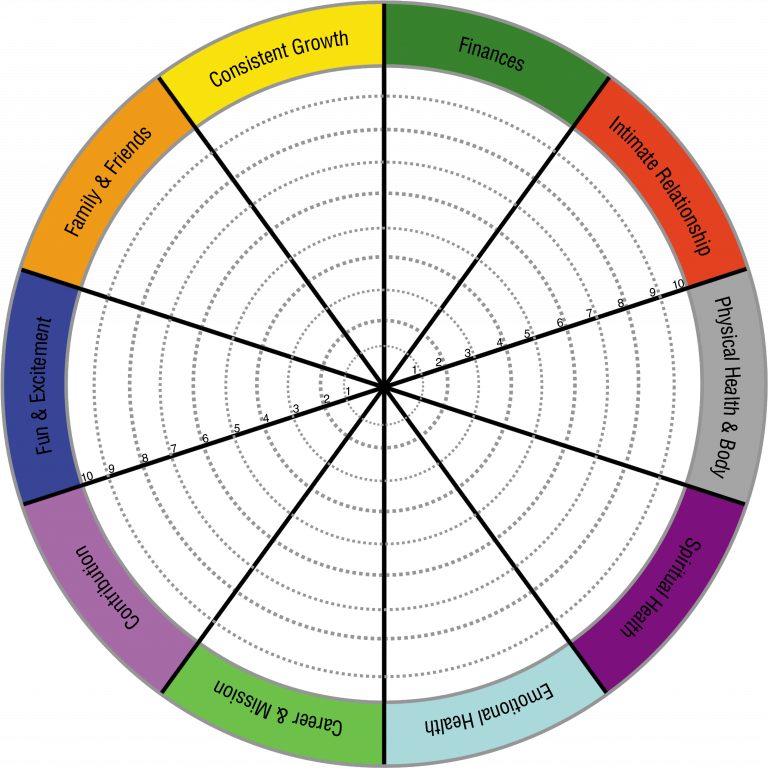Have you ever found yourself pushing away a loving partner or creating unnecessary drama in an otherwise happy relationship? In that case, self-sabotage may be your issue. As a self-sabotage in relationships therapist in Dubai, I’ve seen countless individuals struggle with this perplexing behavior. Let’s explore why people sabotage healthy relationships and how to break free from this destructive cycle.
Understanding Self-Sabotage in Relationships
Self-sabotage is like having an internal saboteur, constantly working against your own happiness in relationships. It’s a pattern of behavior where individuals unconsciously create problems or push their partners away, even when they genuinely desire love and connection.
Common Signs of Self-Sabotage
The Walls-Up Warrior
Meet Aisha. She’s witty and charming, but the moment someone tries to get emotionally close, she builds impenetrable walls. Her fear of vulnerability keeps potential partners at arm’s length.
The Conflict Creator
Then there’s Omar. He seems to thrive on drama, picking fights over trivial matters. His constant need for conflict pushes his partner to the brink of exhaustion.
The Ghosting Expert
Laila has a pattern of suddenly disappearing when relationships start to deepen. She leaves her partners confused and hurt, wondering what went wrong.
The Perfectionist Partner
Yousef sets impossibly high standards for his relationships. When reality fails to meet his idealized expectations, he becomes disillusioned and withdraws.
The Past Dweller
Mona can’t let go of her previous heartbreaks. She projects her past experiences onto her current partner, creating a self-fulfilling prophecy of relationship failure.
The Root Causes of Relationship Self-Sabotage
As a self-sabotage in relationships therapist in Dubai, I’ve observed that this behavior often stems from deep-seated issues:
Fear of Intimacy: Past hurts can make the prospect of emotional closeness terrifying.
Low Self-Worth: A belief that you don’t deserve love can lead to sabotaging behaviors.
Attachment Issues: Insecure attachment styles formed in childhood can impact adult relationships.
Fear of Abandonment: Paradoxically, the fear of being left can cause behaviors that push partners away.
Control Issues: Sabotage can be a misguided attempt to maintain control in the relationship.
Breaking the Cycle of Self-Sabotage
The first step toward change is realizing these patterns. However, breaking free from self-sabotage often requires professional guidance. Being a self-sabotage in relationships therapist in Dubai, I offer personalized support through my comprehensive therapy program.
This transformative journey helps you:
- Identify your specific self-sabotaging behaviors
- Uncover and heal the root causes of your patterns
- Develop healthier relationship skills
- Build self-esteem and self-compassion
- Create and maintain healthy boundaries
Through our sessions, you’ll learn to:
- Communicate more effectively with your partner
- Manage fears and anxieties in relationships
- Cultivate trust—both in yourself and others
- Accept your vulnerability as a quality rather than a flaw.
- Create a vision for the healthy relationship you desire
Overcoming self-sabotage is a process that requires patience and commitment. As you go through this journey, treat yourself with kindness. You can create the meaningful, long-lasting relationships you deserve with a little time and effort.
If you’re ready to break free from the cycle of self-sabotage and create the love life you’ve always wanted, take the first step today. As your self-sabotage in relationships therapist in Dubai, I’m here to guide you through this transformative process.
Don’t let self-sabotage rob you of the love and happiness you deserve. Get in touch now to start your path to happier, more satisfying relationships.


